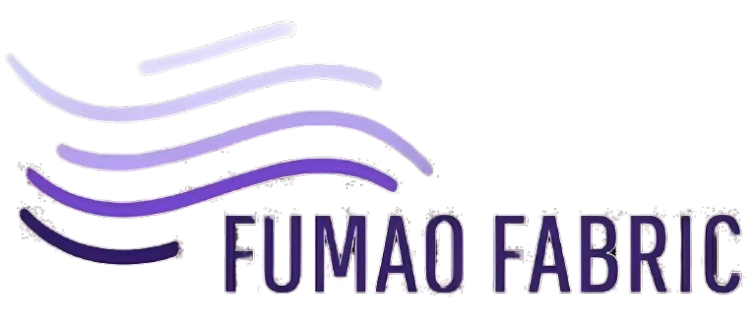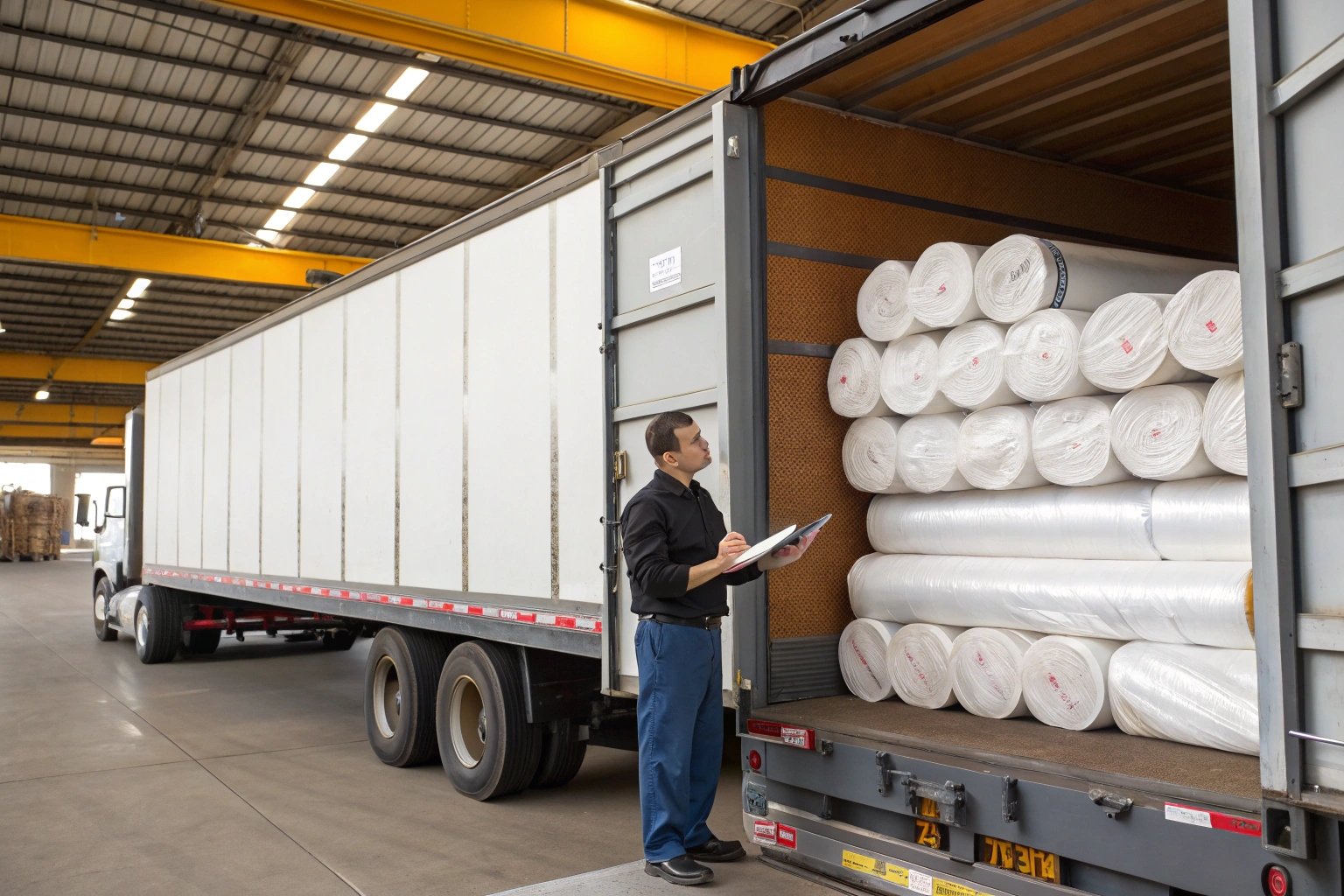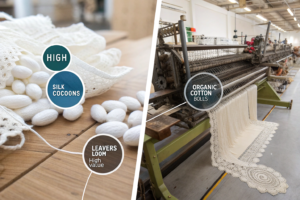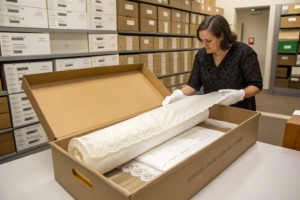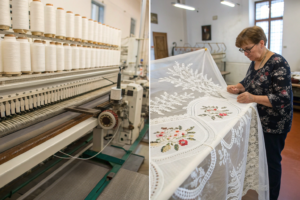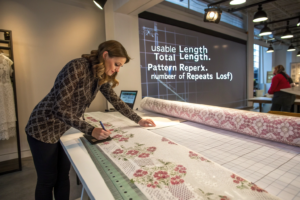When it comes to international fabric sourcing, understanding Incoterms isn’t just a matter of logistics—it’s about control, cost, and risk. For buyers importing from China, choosing the right shipping term can make or break a profitable deal. That’s where FCA—Free Carrier—comes in.
Partnering with fabric suppliers that offer FCA (Free Carrier) shipping terms gives buyers control over freight, clarity in handover points, and reduced shipping confusion, while maintaining price transparency and avoiding hidden costs.
At Fumao Fabric, we frequently work with FCA terms because it gives our overseas clients full flexibility on freight arrangements. In this article, I’ll show you exactly why FCA makes strategic sense, especially for buyers navigating tight margins, complex customs, and fast-moving fashion timelines.
What Does FCA Mean in International Fabric Shipping?
When you see “FCA Keqiao Warehouse” or “FCA Ningbo Port” in a quote, it means the seller agrees to deliver the goods to the buyer’s nominated carrier at a specified location, cleared for export. From that moment, all cost, risk, and responsibility transfer to the buyer.
FCA offers a clean, clear line of handover between supplier and buyer—ideal for those who manage their own freight forwarders or want price breakdowns separated from shipping.
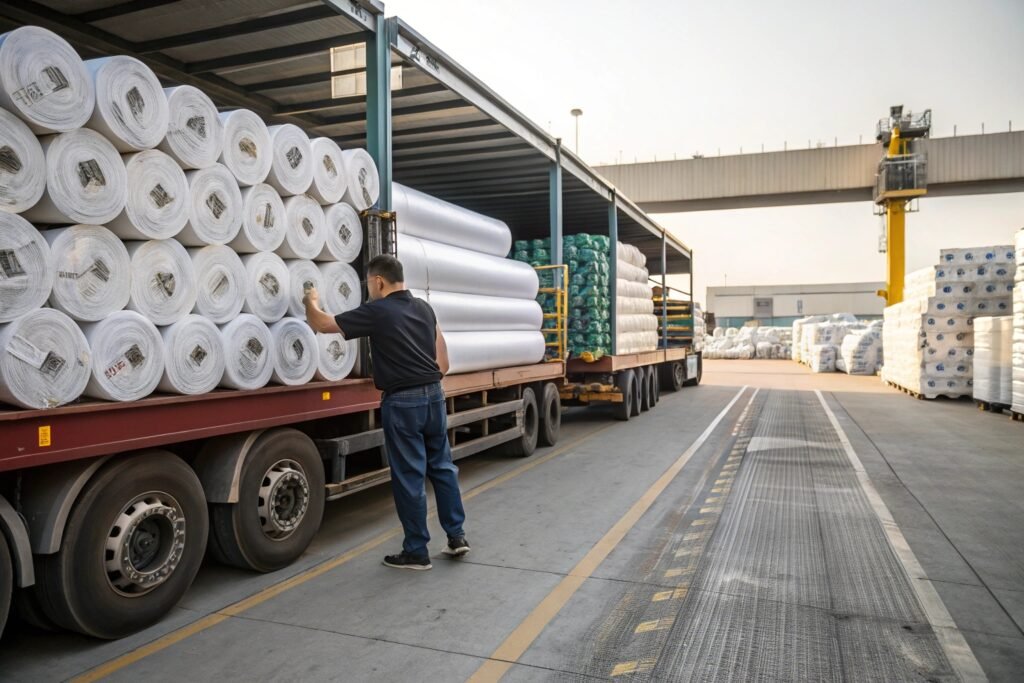
Why Is FCA Popular Among Experienced Importers?
Many seasoned textile buyers prefer FCA because it avoids supplier markups on freight. By nominating your own shipping agent, you can compare container rates, optimize schedules, and even consolidate loads. FCA also fits seamlessly with platforms like Flexport and Freightos, where buyers manage their own routes.
Additionally, FCA simplifies insurance coverage—you only need to cover transit from your nominated pickup point onward, which helps control premiums and claims.
What Are the Key Risks Avoided with FCA?
FCA avoids the ambiguity common in EXW (Ex Works) and FOB (Free On Board) terms. With EXW, buyers must manage origin customs clearance, which is risky without local presence. With FOB, confusion often arises over who arranges trucking to port and who absorbs loading delays.
FCA makes things clear: the supplier is responsible up to handover, and you’re in charge after. For transparency, sites like Incoterms Explained offer helpful visual comparisons of shipping terms.
How Does FCA Improve Cost Control and Transparency?
FCA lets you break down product cost and logistics costs clearly. Many buyers prefer this because it shows exactly how much they’re paying for the fabric itself, versus trucking, port handling, and sea freight.
With FCA, your supplier’s price quote doesn’t include freight, so you avoid inflated shipping rates or bundled fees.
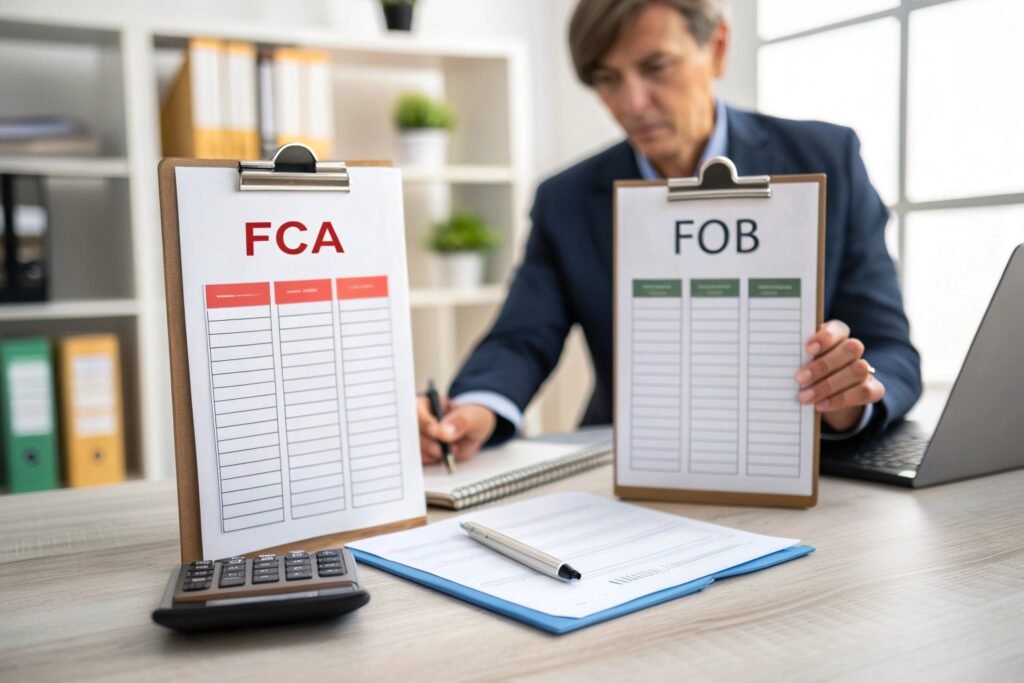
Can You Get Better Freight Rates with FCA?
Yes. By handling your own freight, you can often negotiate better rates directly with logistics providers. Whether it’s Maersk, DHL Global Forwarding, or a regional agent, FCA lets you shop around for the best schedule and price.
In today’s volatile freight market, even a 5–10% difference in rates can significantly affect your landed cost per meter—especially for bulk orders.
Does FCA Help Prevent Unexpected Charges?
Absolutely. Under FOB or CFR terms, buyers sometimes receive surprise port fees or container handling charges not mentioned in the initial quote. With FCA, you control those costs upfront. You also eliminate markup risk, where suppliers profit off inflated freight invoices.
For transparency, use digital freight platforms or ask for DDU/DDP simulations to estimate final landed costs before choosing carriers.
What Kind of Buyers Benefit Most from FCA Terms?
Not all buyers need FCA—but it’s particularly valuable for companies managing multiple shipments, coordinating with forwarders, or working with warehouses near port hubs like Los Angeles, Rotterdam, or Felixstowe.
FCA works best for importers who want to optimize logistics independently or consolidate shipments across suppliers.

Is FCA a Good Fit for Small to Mid-Sized Brands?
Yes, if they use third-party logistics (3PL) providers or Amazon FBA. FCA lets you direct cargo to your forwarder, who then handles packing, customs, and delivery to warehouses or Amazon sorting centers. Tools like ShipBob or Zencargo integrate easily with FCA logistics planning.
For buyers in the U.S., using FCA helps ensure that domestic arrival schedules match retail drops and marketing campaigns.
Why Do Big Retailers Often Demand FCA?
Large chains like H&M, Uniqlo, and Target often demand FCA because they control their own global logistics and port operations. They want all vendors to follow uniform shipping terms so their own consolidation centers and compliance teams have full visibility and control.
FCA supports centralized buying systems and lowers the risk of inconsistent delivery methods. For your brand to scale, aligning with such practices helps future-proof your logistics model.
What Should You Ask Fabric Suppliers Before Confirming FCA?
To make FCA work, the supplier must be capable of handling export customs, documentation, and trucking coordination. Many Chinese suppliers can do this—but not all.
You should confirm the supplier’s experience with FCA, their access to bonded warehouses, and their ability to prepare customs documentation and trucking schedules.
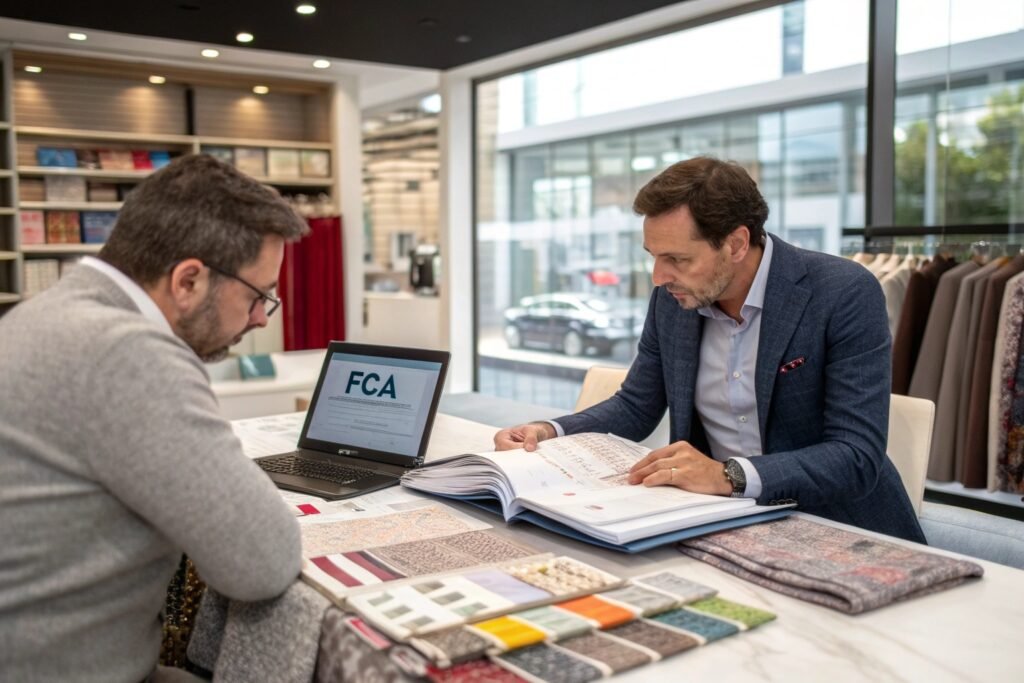
What Logistics Details Should You Confirm?
Here’s a checklist:
- Exact delivery location (e.g., “FCA Ningbo Port terminal” or “FCA Keqiao Warehouse”)
- Who arranges trucking to the terminal
- Cut-off times for document preparation
- Export clearance included?
- Incoterm 2020 version confirmation
Use templates from ICC to ensure both parties are aligned on expectations.
Can FCA Be Combined with Value-Added Services?
Yes. At Fumao, we offer packaging, QC inspection, carton labeling, and barcoding—all before handing over to the buyer’s nominated freight forwarder. This means you get a clean, export-ready product without dealing with post-export coordination.
You can even arrange for QR code traceability on your cartons, giving your 3PL full visibility from pickup to delivery, especially useful for brands with B2C fulfillment models.
Conclusion
Choosing the right shipping term isn’t just paperwork—it’s part of your business strategy. FCA offers global buyers more control, price transparency, and fewer surprises. For fabric sourcing from China, it strikes the perfect balance between supplier responsibility and buyer independence. At Fumao, we’re proud to be one of the few suppliers who not only understand FCA terms but help buyers leverage them for growth. Whether you’re shipping one container or fifty, FCA could be your key to smarter sourcing.
